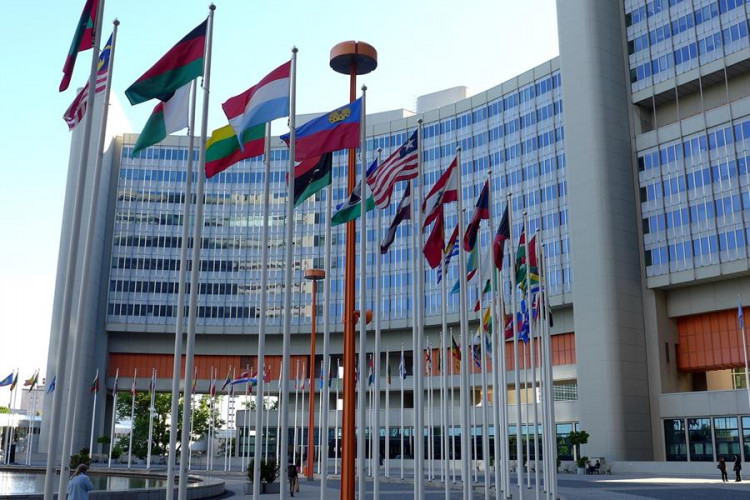Following an attack on its Black Sea fleet, Russia, which invaded Ukraine on Feb. 24, cut off shipments from one of the top grain exporters in the world and ceased its participation in the Black Sea agreement for an "indefinite term." Russia claimed that it could not "guarantee the safety of civilian ships" traveling under the agreement.
The United States, NATO, the European Union, and Ukraine have all condemned the decision, and the UN and Turkey, two of the deal's main brokers, rushed to salvage it.
Despite Russia's withdrawal from the agreement that had permitted the export of Ukrainian agricultural products to international markets, the United Nations, Turkey, and Ukraine pressed ahead with its implementation of the Black Sea grain agreement and came to an agreement on a transit plan for 16 vessels to move forward.
According to a spokesperson for the UN Secretary-General, Antonio Guterres, he was extremely concerned about Russia's action and postponed a trip abroad to try and resurrect the accord that was meant to solve a worldwide food crisis.
Chicago wheat futures increased more than 5% on Monday as a result of Russia's action because both Russia and Ukraine are among the biggest wheat producers in the world. Since July, exports of corn, wheat, sunflower products, barley, rapeseed, and soy total more than 9.5 million tonnes. In accordance with the agreement, the movement of ships is decided upon and the ships are inspected by a Joint Coordination Centre (JCC) made up of UN, Turkish, Russian, and Ukrainian officials.
On Sunday, no ships passed via the designated maritime humanitarian corridor. However, according to a statement from the UN, a movement plan for 16 vessels-12 going outgoing and 4 coming in-had been reached on Monday with Ukraine and Turkey.
It noted that "all participants coordinate with their respective military and other relevant authorities to ensure the safe passage of commercial vessels" in accordance with the agreement and claimed that the Russian officials at the JCC had been informed of the plan and the intention to inspect 40 outbound vessels on Monday.
Russian officials stated Moscow will continue the conversation with the UN and the Turkish delegation on urgent problems during Sunday's meeting of the grain agreement delegations, the UN said in its statement. However, there was no response from Russia in response to the Monday transit proposal. In an effort to save the deal, Turkish Defense Minister Hulusi Akar was in communication with his Russian and Ukrainian counterparts and had encouraged them to avoid any provocations, according to the Turkish Defense Ministry.





